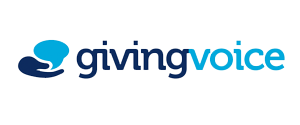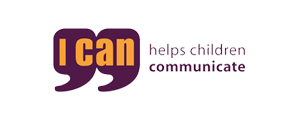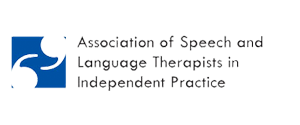Grammar (syntax and morphology)/h2>
Grammar refers to the formation and structure of words and how they come together to create phrases, clauses and sentences. Difficulties with grammar can lead to children not fully understanding what has been said as they only understand part of a sentence or do not understand the different forms of a word.
Our speech and language therapists can assess your child’s receptive language skills to identify any difficulties your child has with different word and sentence structures. As well as identifying the impact of these on their overall understanding of language. Our speech and language therapists will use the information to create a therapy programme that works on increasing your child’s understanding of different word forms and sentence structures.
Speech and language therapy can increase your child’s understanding of grammar which can increase your child’s language skills as well as their comprehension and literacy skills in school.
What is morphology and syntax?
Grammar is made up of morphology and syntax. Morphology refers to the rules that govern word structure and construction, whereas syntax refers to the rules that govern word sequence and sentence structure.
To have good syntactic skills children must have a good understanding of the correct word order and organisation in utterances. Children must also have the skill to understand increasingly complex sentences containing various types of phrases as their language develops.
For children to have good morphological skills they must be aware of and understand the different structures of words, for example:
- Root words - the main part of the word that still has meaning after an addition to the word is taken away e.g. jump is the root word in jumping.
- Affixes - additions to the root word that causes a new word to form and change its meaning;
- Prefixes- added to the start of a word e.g. il-legal, dis-appear.
- Suffixes- added to the end of a word e.g. jump-ed, fear-less.
- Grammatical morphemes e.g. not (expresses grammatical function).
Impact of syntax and morphology difficulties on receptive language
Difficulties with morphology and syntax can impact a child’s receptive language abilities, for example:
- Children may not understand tense e.g. past / present / future.
- Children may not understand plural forms of words.
- Children may only understand part of a word.
- Children may not understand different sentence structures.
- Children may only understand part of a sentence.
- Children may struggle to extract meaning from complex sentences.
A child who has difficulty understanding different sentence complexities may only understand part of an instruction when given in a complex from. This can come across as the child not listening or being lazy. Difficulty understanding different sentence structures can impact the child’s ability to take part in certain activities in school and therefore impact their academic development.
Our speech and language therapists can help children whose understanding is impacted on by poor grammar skills. Speech and language therapy can increase children’s understanding of different sentence structures and word forms. This can in turn increase their general understanding in school and other environments. Our speech and language therapists will work with the child, parents and school to create a therapy plan that is individualised to the child’s needs and strengths.
Next steps:
If you think your child has poor grammar skills that are impacting your child’s comprehension of language, email office@sltforkids.co.uk or call 0330 088 2298 to speak to one of our speech and language therapists.








